
views
Get out into nature.
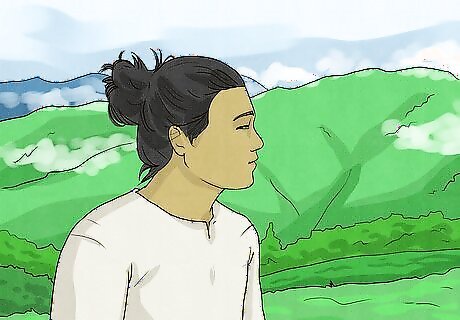
Spend some time outdoors to calm your mind. Take a walk around the block, head to a local park, or go hiking on a new trail. Listen to the sounds of the wildlife and take in the beauty that’s all around you. Treat your time out in nature as more of a wander than a walk. Let yourself go anywhere you want to without a destination in mind for the ultimate relaxation technique.
Take a warm bath.
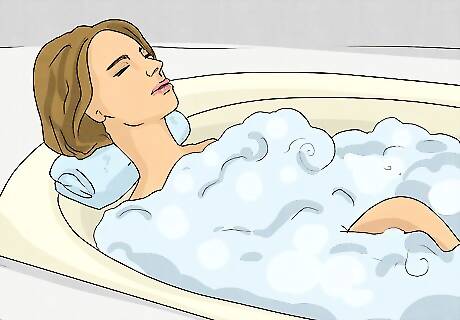
Soak in a bubble bath to relax your whole body. Draw up a warm bath and add some scented soap or bath salts. Play some soothing music and light a few candles, then lean back and enjoy your tub. Taking a bath is a great way to get some alone time (especially if you have kids). You can soak and relax for as long as you need to (or as long as you have time to).
Make a relaxing drink.
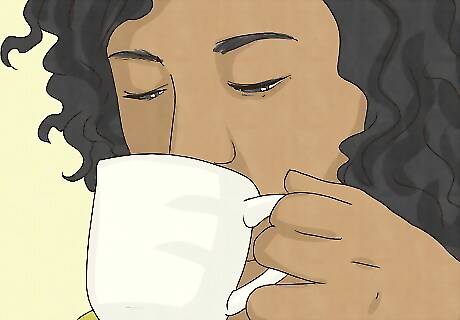
Try a warm drink that doesn’t have caffeine in it. Herbal tea or a warm cup of milk with honey in it can really calm you down and help you relax. Drinking a calming drink in the evening can help you fall asleep faster and stay asleep longer. Caffeinated drinks like coffee and soda can elevate your anxiety levels. If you’re already feeling stressed, don’t add caffeine into the mix.
Spend time with your pet.

Cuddle or play with your furry friend. They’ll love it and so will you! You could even chat with your pet about your day or talk to them about the stress and anxiety you’ve been feeling. Even though they can’t talk back, you’ll probably feel a whole lot better afterwards. If you don't have a pet, ask a friend if you can spend time with theirs. Many cities also now have cat cafes where you can go and hang out with cats for a small fee.
Do something creative.
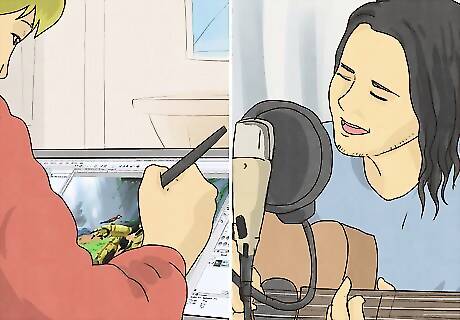
Tap into your artistic side to help you relax. You could paint, draw, take pictures, do makeup, embroider, bake something, or play an instrument. Try not to focus on the finished product, and instead just enjoy the process. If you want to dive into something new but you aren’t sure where to start, try looking up a tutorial online for some guidance.
Do some yoga.
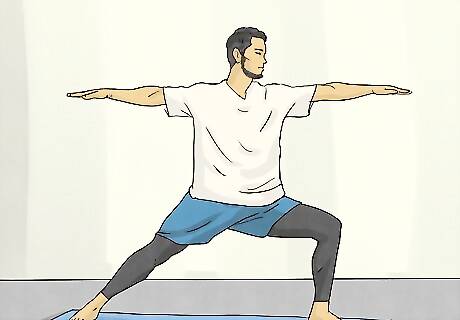
Stretch your body while relaxing. Shavasana, or corpse pose, is a particularly relaxing pose. Lie on your back with your legs spread and your arms at your side. Close your eyes and focus on your breathing as you lie there. Try to do some yoga every morning to lower your stress levels. If you’ve never done yoga before, look up a beginner’s video online to follow along with.
Practice meditation.

Empty your mind to relieve stress. Sit down in a comfortable position and try to think about absolutely nothing. Focus on your breathing, how your body feels, and whether or not your muscles are tense. Try to meditate for 5 to 10 minutes every day to lower your stress levels overall. If you’re having trouble, look up a guided meditation video on YouTube to practice with.
Practice mindfulness.
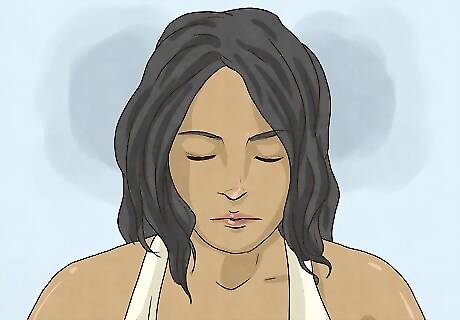
Pay attention to the present moment. If you catch yourself worrying about something that happened in the past or what might happen in the future, challenge those thoughts. Try to really focus on what you’re doing in this exact moment, even if it’s something mundane. Make yourself be present to melt away stress and become more relaxed over time. If you’re having trouble being mindful, think about what you can sense around you. What do the clothes feel like on your body? What can you hear right now? What are you looking at?
Disconnect from technology.
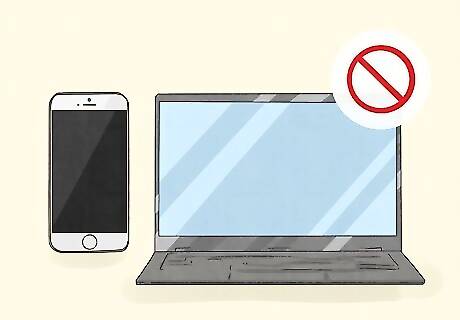
Our phones and computers can really stress us out. If you feel like you’re getting overwhelmed, turn off your electronics for at least 1 hour. During that time, you can head out into nature, read a good book, or spend time with your friends. When you feel a little more relaxed, feel free to fire up your computer again. It’s also a good idea to take a break from social media specifically. Constantly scrolling through your socials can really up your stress and anxiety levels.
Write in a journal.
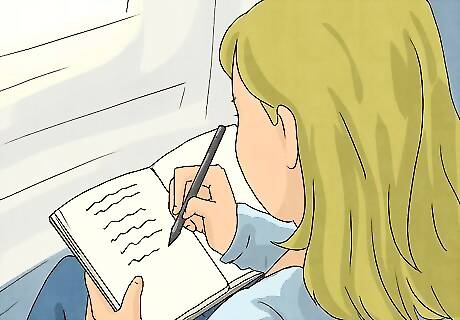
Let your emotions out in a private place. Set aside 5 or 10 minutes every day to jot down a few things in your journal. You could write about your feelings, what you did that day, or what you’re looking forward to in the future. Putting your thoughts down on paper can help you work through them faster than if you keep them bottled up. Make sure you keep your journal in a private place where no one else can find it. If you have pesky siblings, try putting a lock on your journal to keep them out. You could also use a journal to keep a gratitude list and remind yourself of what you’re thankful for.
Try aromatherapy.

Use essential oils to calm your nerves. When you’re feeling stressed, mix a few drops of an essential oil and water and put it into a diffuser. Turn the diffuser on and take deep, relaxing breaths, focusing on the scent. Keep doing your deep breathing until the scent runs out or you feel calmer. If you don’t have a diffuser, put a few drops of an essential oil into a bowl of hot water. Then, breathe the steam in deeply. Lavender oil, chamomile oil, sage oil, and rose oil are all good scents for relaxation. Always dilute your essential oils, as they can be harmful in concentrated doses.
Take a quick break if you're short on time.
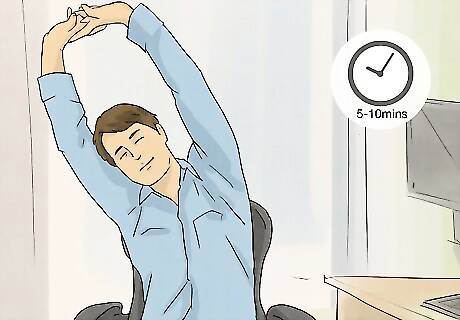
Small breaks throughout the day can make a huge difference. If you’re at work or school, try taking a 5 to 10 minute break to stretch, walk around, or even read a fun book. Doing this every 2 to 3 hours will help calm your thoughts and give your brain some time to rest. This is especially important during long study sessions or when you’re pulling all nighters. Giving your mind a break for a few minutes can help you focus longer and work harder.
Focus on your breathing.
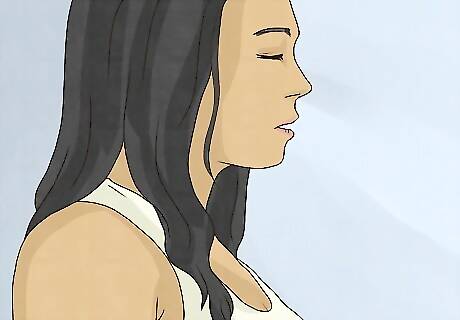
Calm your heart rate and slow your breathing. Sit somewhere comfortable with your back straight. Breathe in deeply through your nose, expanding your stomach, not your chest. Breathe out slowly through your mouth as you count down from 5. Try doing this 5 to 10 times until you feel yourself start to relax. This is a great technique to use when you’re feeling anxious or overly stressed.
Visualize yourself somewhere relaxing.

Use your senses to calm yourself down. When you feel stressed, close your eyes and picture yourself on a beach or out in nature. Use all of your senses: focus on what you can hear, touch, smell, see, and taste there. Think positive thoughts to calm your mind and relax your body. Your happy place can be anywhere you’d like it to be. Maybe you have fond memories of a house on the lake, or maybe you like to be in the mountains.
Try progressive muscle relaxation.
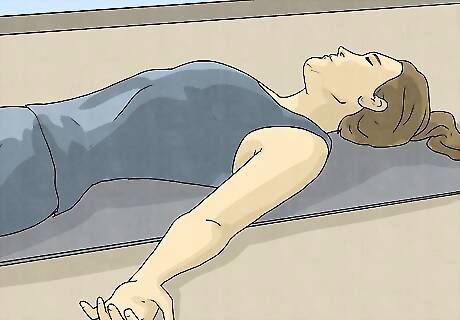
Tense then relax every muscle in your body. Start by focusing on your right foot. Squeeze all the muscles in that foot tightly and hold it for 10 seconds, then relax. Do the same thing to your left foot. Slowly work your way up your entire body, tensing and relaxing each muscle group as you go. When you relax your muscles, think about how loose and limp your body feels.
Go to a biofeedback session.
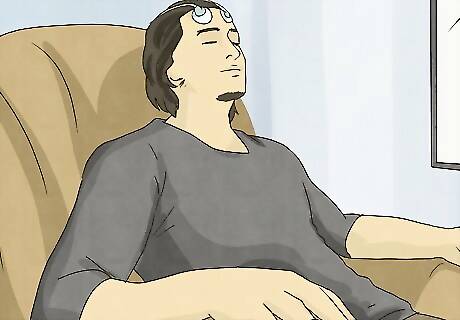
A therapist can track your body’s responses to stress. Set up an appointment with a licensed mental health professional and go in for a session. During the procedure, a therapist will attach electrical sensors to different parts of your body that track your heart rate, your sweat glands, and your brain waves. You’ll be exposed to information like beeping and flashing lights, and your therapist will track your responses to them. At the end of the session, your therapist can tell you about different techniques to relax the muscles in your body that are responding to stressors. The goal of the session is to take the information you’ve learned and use it at home to relax whenever you’re feeling stressed.














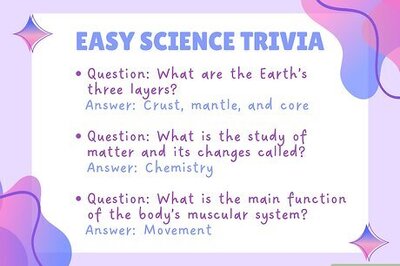





Comments
0 comment